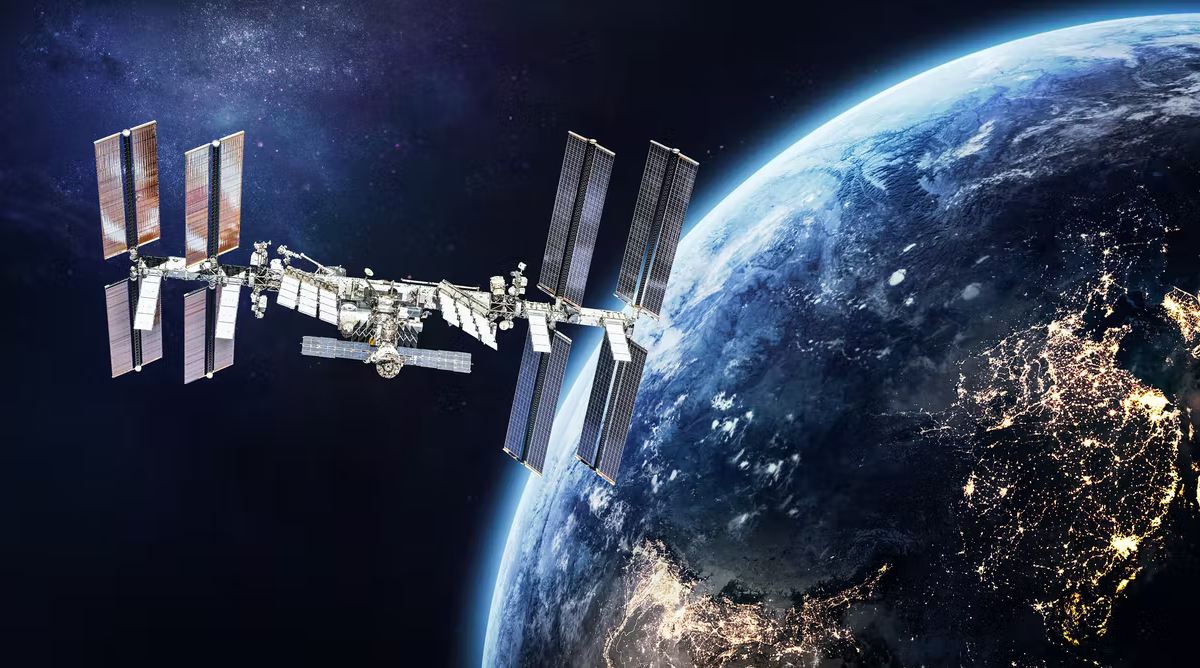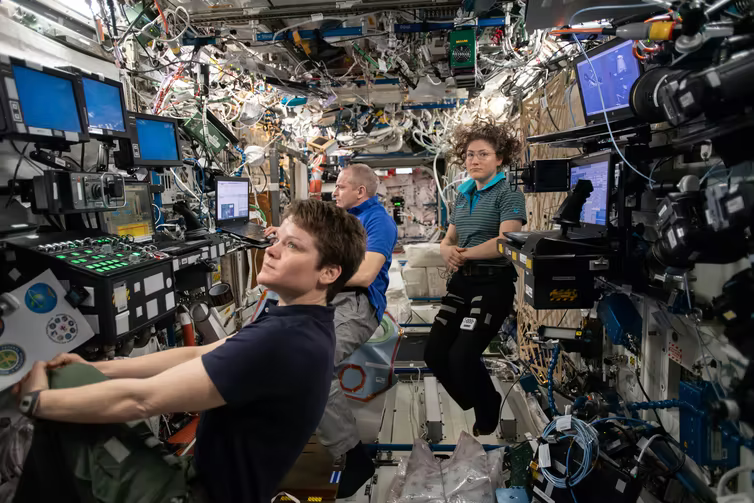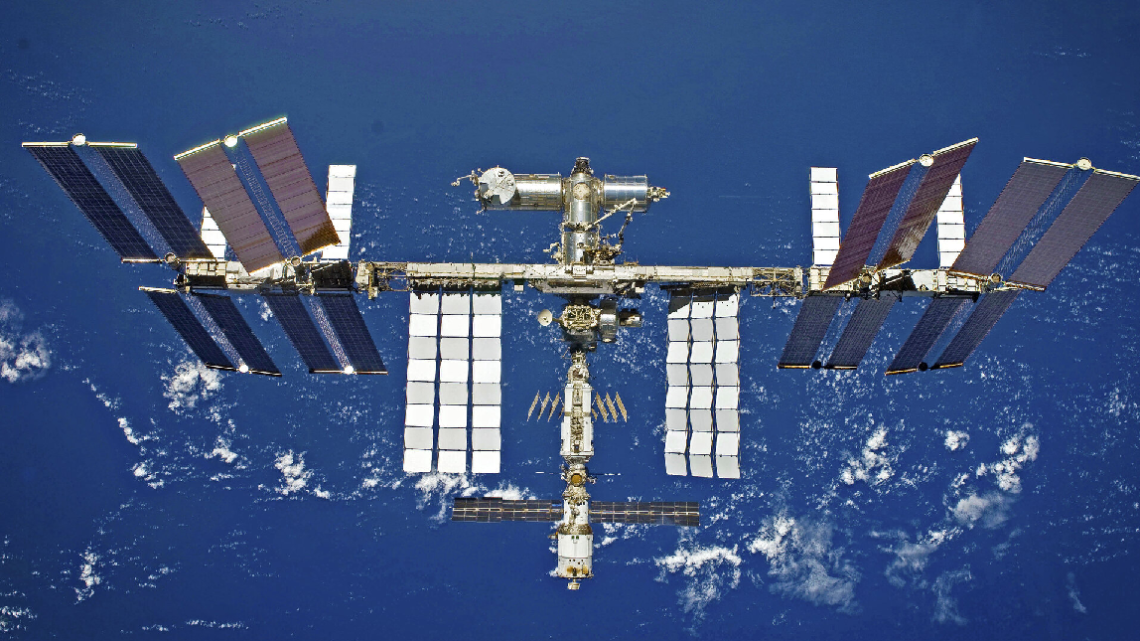-
International Space Station Operations Extended Until 2030
The White House greenlights another eight years of the floating laboratory

The International Space Station will continue orbiting Earth through at least 2030, NASA has announced. The White House “has committed to continuing station operations” for the next eight years, says NASA’s top official. Dating back to 1998, when its first modular component launched, the microgravity laboratory has hosted 251 individuals from 19 countries, maintaining a continuous human presence in low Earth orbit since November 2000. A 2018 draft budget by the Trump administration proposed an end to funding for the satellite in 2025, but it will now be around until at least 2030. In 2014, President Obama authorized another 10 years of ISS operations, extending the mission to 2024, four years longer than previously planned. “The United States’ continued participation on the ISS will enhance innovation and competitiveness,” Nelson said, “as well as advance the research and technology necessary to send the first woman and first person of color to the Moon under NASA’s Artemis program and pave the way for sending the first humans to Mars.”
- The International Space Station will continue orbiting Earth through at least 2030.The White House “has committed to continuing station operations” for the next eight years, NASA Administrator Bill Nelson said in a statement, which includes work with international partners in Canada (CSA), Europe (ESA), Japan (JAXA), and Russia (Roscosmos). “The International Space Station is a beacon of peaceful international scientific collaboration and for more than 20 years has returned enormous scientific, educational, and technological developments to benefit humanity,” Nelson said.
- Dating back to 1998, when its first modular component launched, the microgravity laboratory has hosted 251 individuals from 19 countries, maintaining a continuous human presence in low Earth orbit since November 2000.Its future has been an open question in the last few years, though.
- In 2014, President Obama authorized another 10 years of ISS operations, extending the mission to 2024, four years longer than previously planned.
- A 2018 draft budget by the Trump administration proposed an end to funding for the satellite in 2025, but it will now be around until at least 2030.”The United States’ continued participation on the ISS will enhance innovation and competitiveness,” Nelson said, “as well as advance the research and technology necessary to send the first woman and first person of color to the Moon under NASA’s Artemis program and pave the way for sending the first humans to Mars.
- “Extending operations through 2030, according to NASA, will “continue another productive decade of research advancement” and facilitate the transition to commercial space stations in the late 2020s.

NASA Administrator Bill Nelson announced in a statement that the White House “has committed to continuing station operations” for the next eight years, which involves collaboration with international partners in Canada (CSA), Europe (ESA), Japan (JAXA), and Russia (Roscosmos).
Nelson stated that the International Space Station is a shining example of peaceful international scientific collaboration that has yielded great scientific, educational, and technological advances to benefit humanity for more than twenty years.
The microgravity laboratory has housed 251 people from 19 countries since its first modular component launched in 1998, and has maintained a continuous human presence in low Earth orbit since November 2000.
He also said that the United States’ continued participation in the International Space Station will enhance innovation and competitiveness, as well as advance the research and technology required to send the first woman and first person of color to the Moon under NASA’s Artemis initiative and lay the groundwork for sending the first people to Mars.
However, in recent years, its future has remained a mystery. President Barack Obama renewed the ISS mission for another ten years in 2014, extending the program to 2024, four years longer than originally planned. The Trump administration proposed ending financing for the satellite in 2025 in its 2018 draught budget, but it will now be funded until at least 2030.
According to NASA, extending operations until 2030 will “continue another productive decade of research advancement” and ease the transition to commercial space stations in the late 2020s.
.@NASA TV is live now for the 10:35am ET undocking of the @SpaceX #CargoDragon today. It returns to Earth Monday packed with science and cargo for retrieval. https://t.co/AKRULyJcIn
— International Space Station (@Space_Station) January 23, 2022Read Jafworks.com for all your tech news, articles, reviews, advice and more




